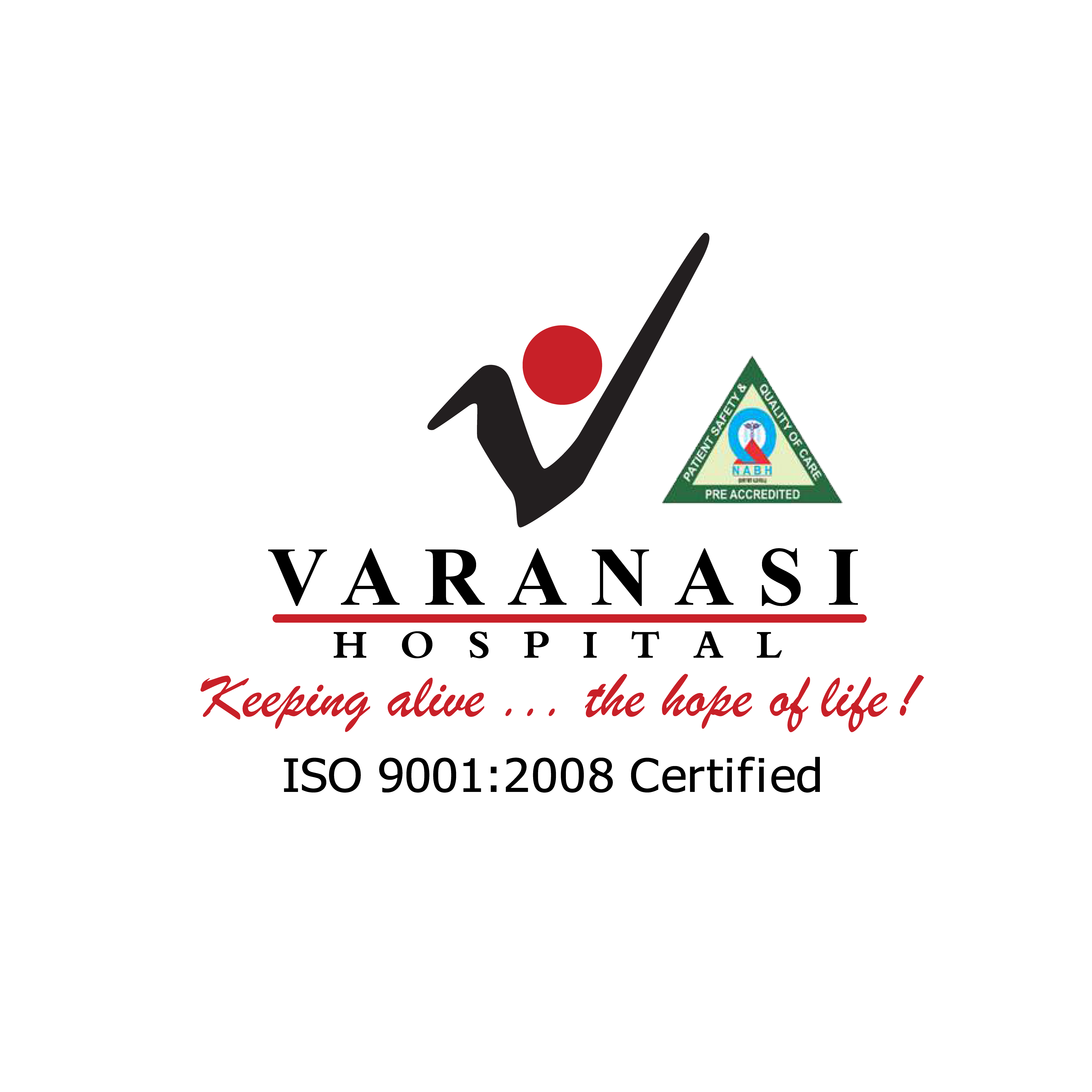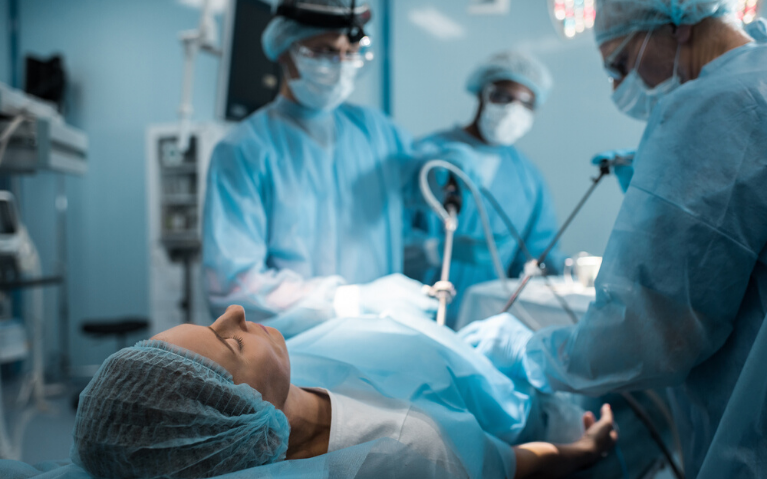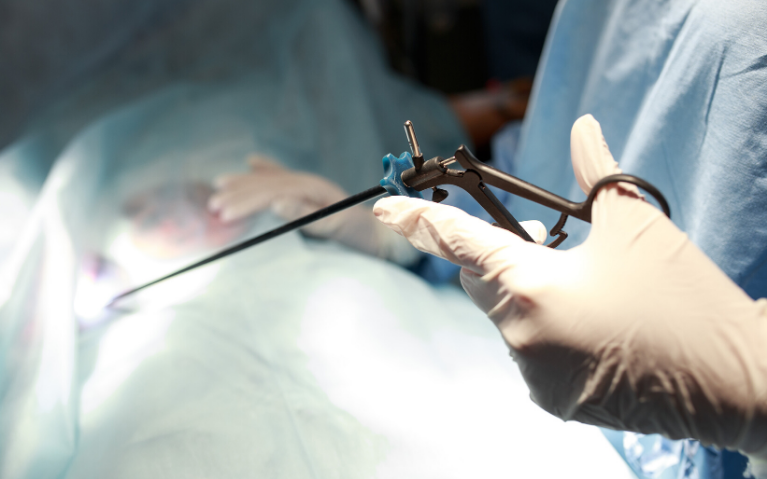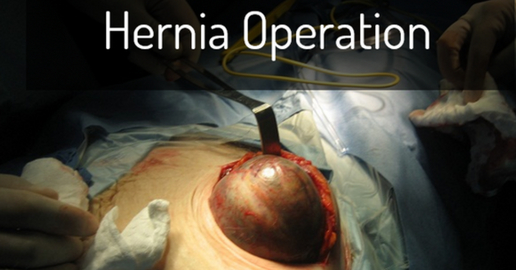How Laparoscopic Surgery Is Performed
Laparoscopic surgery or minimally-invasive surgery is a surgical procedure which requires small surgical cuts or incisions to carry out any surgical treatment. It is also called keyhole surgery due to the minute incisions required for carrying out the entire procedure. The biggest benefits of undergoing laparoscopic surgery are fast recovery, lower risk of infections, no complications, higher success rate, no loss of blood, low pain, zero surgical scars, early discharge, and cost-effectiveness.
If the patient’s medical condition is at its initial stages, thus not in a deteriorated state, then laparoscopic surgery is considered the best surgical option over open surgery. Now, let’s come to the part of the laparoscopic surgery’s procedure. This surgical procedure is completely safe so the patients hardly encounter any pre-surgery anxiety. Before your laparoscopic surgery, you’ll be told to not eat or drink anything for 6-12 hours. During the surgical process, the laparoscopic surgeons make small cuts on the patient’s abdomen to inflate the stomach with CO2 or carbon dioxide gas and insert a long and thin medical instrument called a laparoscope, along with other surgical instruments. A laparoscope has a high-resolution camera and light at its ends which allow the surgical team to view the internal organs in the computer’s monitor and carry out the minimally-invasive surgery. A surgical mesh can also be used in the case of laparoscopic hernia surgery and laparoscopic rectopexy. Once the surgery gets over, the laparoscopic surgeons deflate the patient’s stomach of the carbon dioxide gas and proceed with closing and dressing the surgical cuts.
The patient is discharged in less than twenty-four hours and can finally lead a normal life within two to three weeks. The patient must have regular follow-ups with the concerned doctor for an early and complication-free recovery. The patient has to follow certain discharge instructions, like eating a highly nutritious diet, keeping the incision area dry and clean, avoiding overexerting activities, taking adequate rest, and so on.
If you’re looking for a suitable hospital in Varanasi for your laparoscopic surgery, choose Varanasi Hospital, one of the best laparoscopic surgery hospitals in Varanasi.




